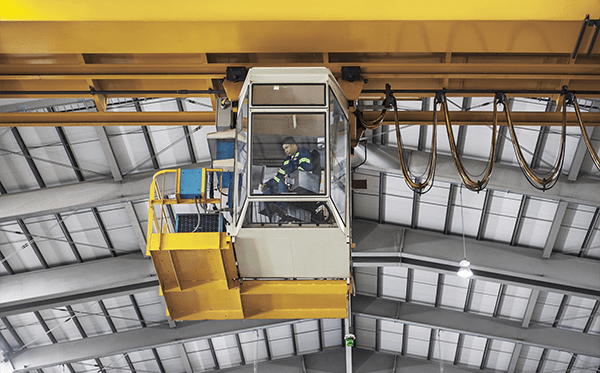Ternium S.A. signed a Memorandum of Understanding (MOU) with Vale S.A. in which both agreed to seek opportunities to develop steel fabrication solutions focused on reducing CO2 emissions.
For today, Ternium is the main flat steel producer in Latin America with an annual crude steel production capacity of 12.4 million tons.
The company operates in Mexico, Brazil, Argentina, Colombia, the southern United States and Central America through regional manufacturing plants, service centers and its own distribution network.
In addition, it participates in the control group of Usiminas, a leading flat steel company in the Brazilian market.
Carbon dioxide
Ternium has already adopted a new decarbonization strategy with a medium-term goal of reducing its intensity rate of carbon dioxide emissions by 20% by 2030, compared to its 2018 base rate of 1.7 tons of carbon dioxide per ton. of steel.
Overall, the company’s strategy to achieve this 2030 reduction target is based on a multifaceted approach, which includes the intensified use of renewable energy in its facilities, increasing the share of scrap in the metal mix and the capacity to capture carbon at its DRI facilities in Mexico.
At the same time, it seeks to partially replace coking coal with charcoal in its operations in Brazil and Argentina, and prioritize lower-specific emission steel production technologies and energy efficiency strategies.
Ternium and Vale
Both companies intend to develop economic feasibility studies for possible investments in an iron ore briquetting plant located at the Ternium Brasil facility; and in plants for the production of metallic products with low carbon footprint, using Tecnored, HYL and other technologies for the reduction of iron.
This initiative contributes to achieving Vale’s commitment to reduce 15% of net Scope 3 emissions by 2035.
Furthermore, Vale seeks to reduce its absolute Scope 1 and 2 emissions by 33% by 2030 and achieve neutrality by 2050, in line with the Paris Agreement, leading the evolution process towards low-carbon mining.
![]()

